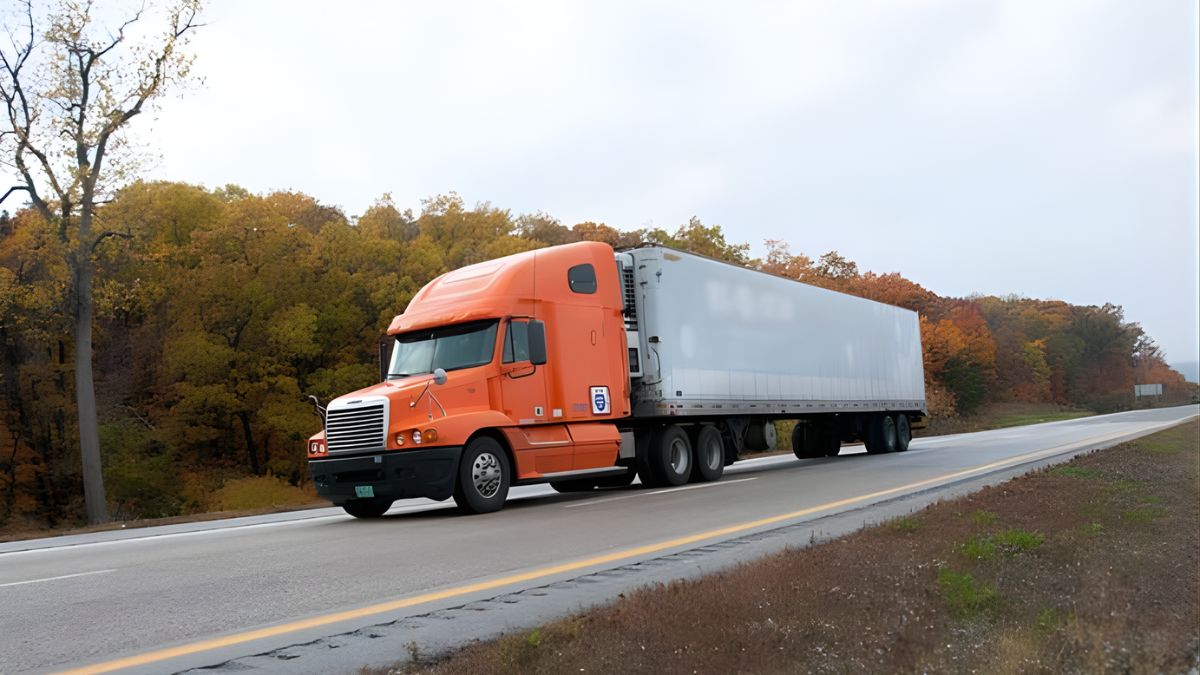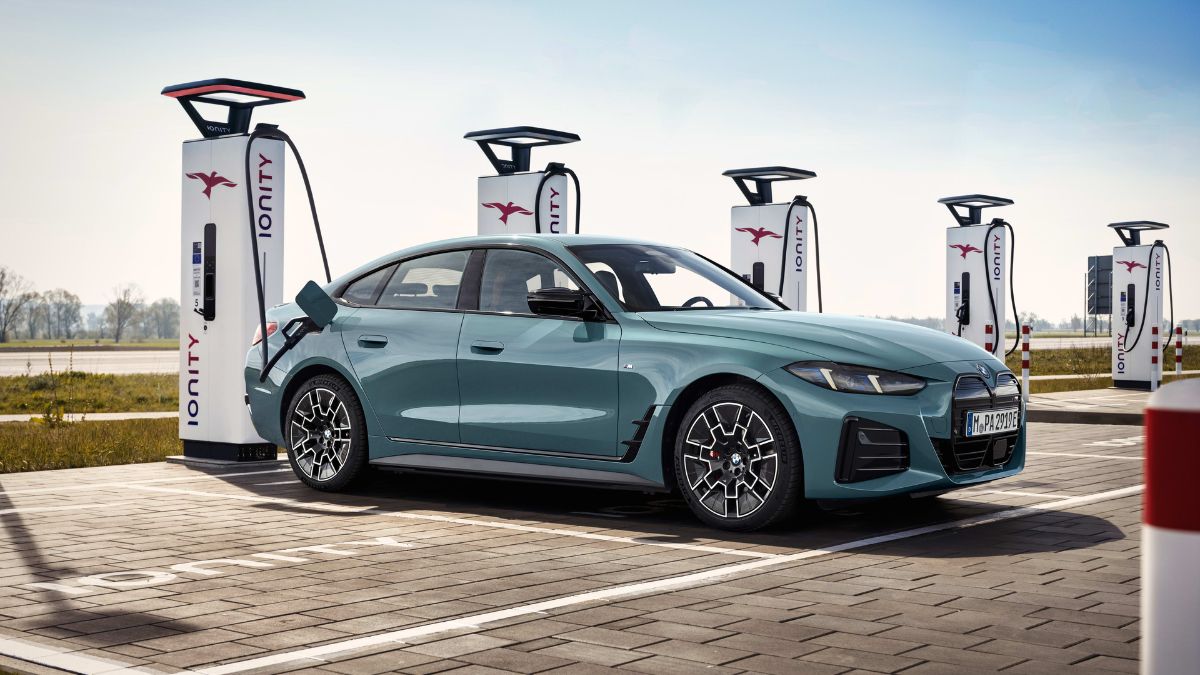Truckers, start your engines—without the cap. A long-debated federal rule that would have required speed limiters on heavy-duty trucks has officially been tossed out. On July 24, the Federal Motor Carrier Safety Administration (FMCSA) announced the withdrawal of its proposal, ending nearly a decade of back-and-forth discussion over whether commercial trucks should be forced to follow a federally mandated speed limit.
Escape
The idea of speed-limiting devices for large trucks has been floating around since 2016. That year, FMCSA teamed up with the National Highway Traffic Safety Administration (NHTSA) to push for a rule that would require speed caps on Class 7 and Class 8 trucks—vehicles weighing more than 26,000 pounds.
Proposed caps ranged between 60 and 68 mph, but no final agreement was ever reached on what the actual speed should be. Heated debates over safety, logistics, and state vs. federal authority kept the rule in limbo for years.
In 2022, the agencies attempted to revive the discussion with an advanced notice of supplemental proposed rulemaking (ANSPRM). That, too, led nowhere. And now, as of July 24, both efforts have been formally withdrawn.
Data
So, why pull the plug now? According to FMCSA and NHTSA, the main reason is a lack of solid data.
- There was no clear evidence showing that speed limiters alone would reduce crash rates.
- The financial impact on trucking companies wasn’t properly addressed.
- Operational concerns, like delivery delays and reduced efficiency, remained unanswered.
Without conclusive data to back up the rule, regulators decided it wasn’t worth moving forward.
States
One of the biggest points of contention was that the rule would override state-level authority. Most U.S. states currently set their own truck speed limits—and many allow speeds higher than what the federal rule proposed.
The rule would have taken that power away, giving federal agencies the final say in how fast trucks could legally travel. Critics argued this was an unnecessary overreach and could actually create more problems than it solved.
There was also concern over traffic safety. Forcing trucks to travel significantly slower than cars might create bottlenecks, increasing the risk of rear-end collisions with passenger vehicles.
Tech
Even though the speed limiter rule is off the table, that doesn’t mean safety is being ignored. In fact, advancements in truck safety technology were a key reason regulators felt comfortable walking away from the mandate.
Today’s commercial trucks often come equipped with systems like:
- Automatic Emergency Braking (AEB)
- Forward Collision Warning (FCW)
These technologies have already proven effective at preventing accidents, and they’re becoming standard across the industry. The logic? If we’re already seeing positive results from smarter trucks, why impose an expensive and restrictive rule?
Pushback
The proposal received mixed feedback from the start. Some agreed with the safety concerns and supported aspects of the rule. Others, particularly truck owner-operators and independent drivers, pushed back hard.
For many small trucking businesses, speed limiters were seen as a threat to profitability. They argued that being unable to drive at higher speeds in high-limit states would reduce delivery efficiency, hurting both income and performance.
Truckers also worried about losing their flexibility—having to slow down even when state laws allowed them to go faster. Some states, anticipating the rule, had already begun updating truck speed signs, but those efforts may now stall or reverse.
Road
With the rule withdrawn, the road ahead is wide open—at least for now. States retain full control over truck speed limits, and there’s no federal rule capping how fast heavy-duty trucks can go.
Of course, safety still matters. FMCSA and NHTSA continue to monitor crash rates, and new technology is proving to be a valuable ally in reducing collisions. But as of now, truckers are free to follow the speed limits set by individual states without worrying about federally mandated limiters.
Some states, such as Texas and Utah, have already raised truck speed limits to 65 MPH or higher as of July 1. And with no federal oversight looming, more states could soon follow.
FAQs
Is the federal truck speed limiter rule canceled?
Yes, FMCSA withdrew the proposal on July 24.
Why was the speed limiter proposal dropped?
Due to lack of data and mixed public response.
Who sets truck speed limits now?
Each U.S. state sets its own speed limits for trucks.
What tech replaces the need for speed limiters?
AEB and FCW systems are helping reduce crashes.
Can trucks go faster in some states now?
Yes, some states raised limits to 65 MPH or more.
















